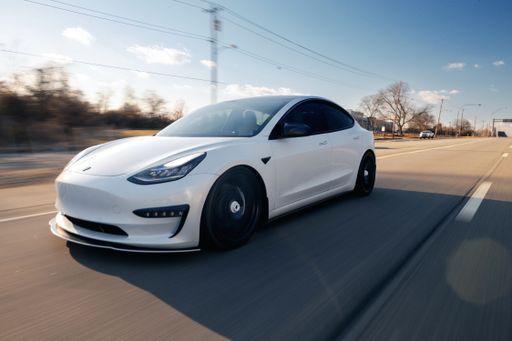Why are Teslas’ batteries dying in the cold?
Frigid temperatures are causing range loss and charging issues for Tesla owners.

The Impact of Cold Weather on EVs
Electric vehicles (EVs) experience a reduction in travel range and slower charging in cold temperatures, particularly in subzero conditions.
Studies have shown that EVs can lose anywhere between 10% to 36% of their range in extreme cold.
Some Tesla owners near Chicago reported that their cars were unable to charge at all.
How Cold Temperatures Affect EV Batteries
In cold weather, lithium ions move more slowly through the liquid electrolyte in EV batteries, resulting in reduced energy output and shorter battery life.
Similarly, the slower movement of electrons in cold temperatures means that the battery cannot accept as much electricity from a charging plug, leading to slower charging speeds.
To ensure optimal charging, EV batteries must be warm enough for efficient electron movement, especially at fast-charging stations like Tesla's.
Tips for EV Owners in Cold Climates
Despite the challenges posed by cold weather, experts believe that with proper planning and adjustments, EV owners can still travel relatively normally.
Preconditioning the battery before charging can help warm it up, although it may result in a slight reduction in range.
Planning ahead, utilizing navigation systems to locate charging stations, and becoming familiar with the vehicle's range limitations can help EV owners in cold climates maximize their driving experience.

